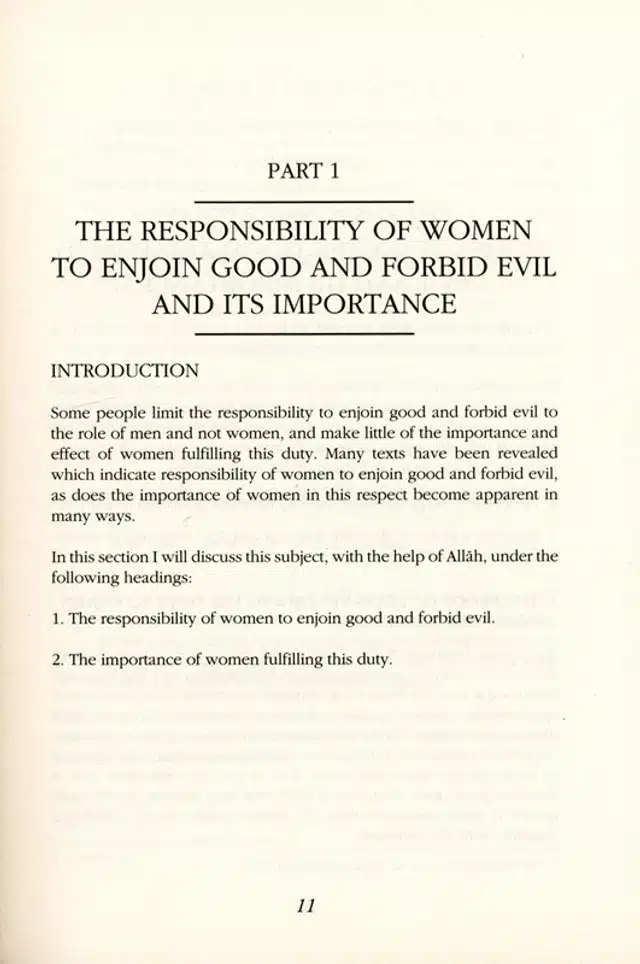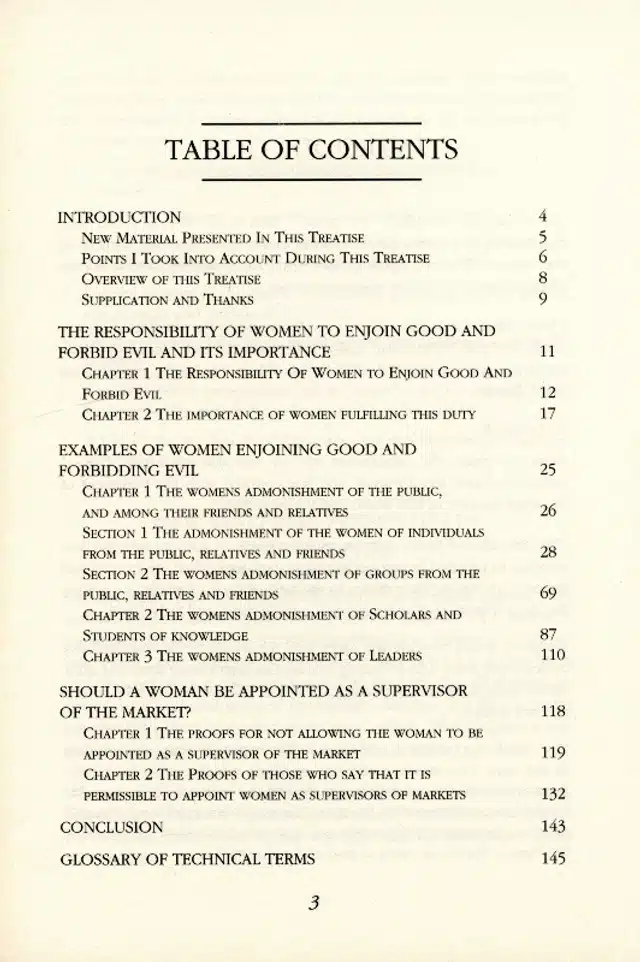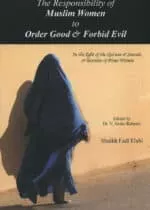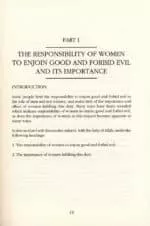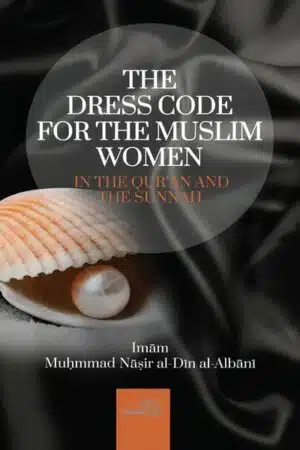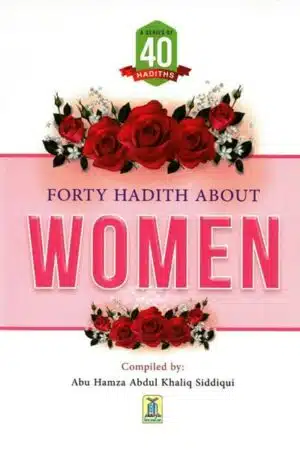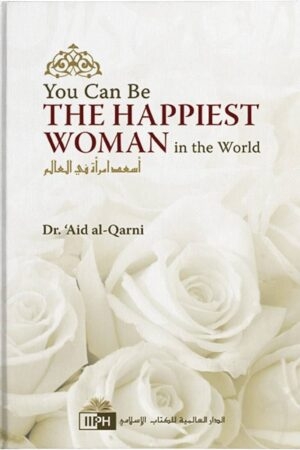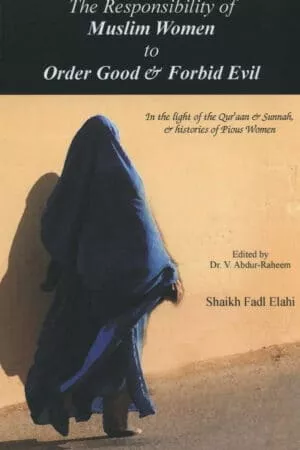The Responsibility Of Muslim Women To Order Good & Forbid Evil
149 kr
| Författare: | |
|---|---|
| Utgivare: | |
| Språk | |
| Bindning: |
Mjukpärm |
| Sidor: |
160 |
| Storlek: |
15×21 |
| Vikt | 1111 g |
Slutsåld. Leverans inom 10–45 dagar efter beställning in shaa Allah!
Allah has made the prohibition of evil and the enjoining of good obligatory upon this Ummah, and has coupled with the fulfilment of this duty the best of this world and the Hereafter. The Ummah will never achieve its superiority, or gain its strength and nobility, or succeed in prosperity unless each individual, every man and woman, undertake their duties to the best of their capabilities among the most important of these being to enjoin good and forbid evil. However, it can be seen that many who are aware of the responsibility to enjoining good and forbidding evil and its importance limit this duty, either in thinking and in practice, or just in practice to the role of men and not women. They think that there is no demand on the woman for this religious duty in any way. This entails corruption and ruin which cannot be hidden from those who have intellect and insight; the man who is responsible for the home may leave for the masjid to pray to his Lord, while his children, in the presence of his wife, see and hear that which Allah has forbidden. In view of this, and in my desire to alert my brothers and sisters and enlighten them about the responsibility of the women to prohibit evil and enjoin good, I undertook to deal with this topic by addressing the following issues. 1. Is enjoining good and forbidding evil a duty applicable to women? 2. What is the importance of women undertaking this duty? 3. Did the women of the Pious Predecessors perform this duty among the general public, their friends and relations? 4. Did the women of the Pious Predecessors perform this duty among the scholars and student of knowledge? 5. Did the women of the Pious Predecessors perform this duty with the leaders? 6. Can the woman be appointed as an ombudsman in a market? What is the proof for not allowing her to perform this duty? 7. What are the evidences of those who say it is permissible, together with their correction



